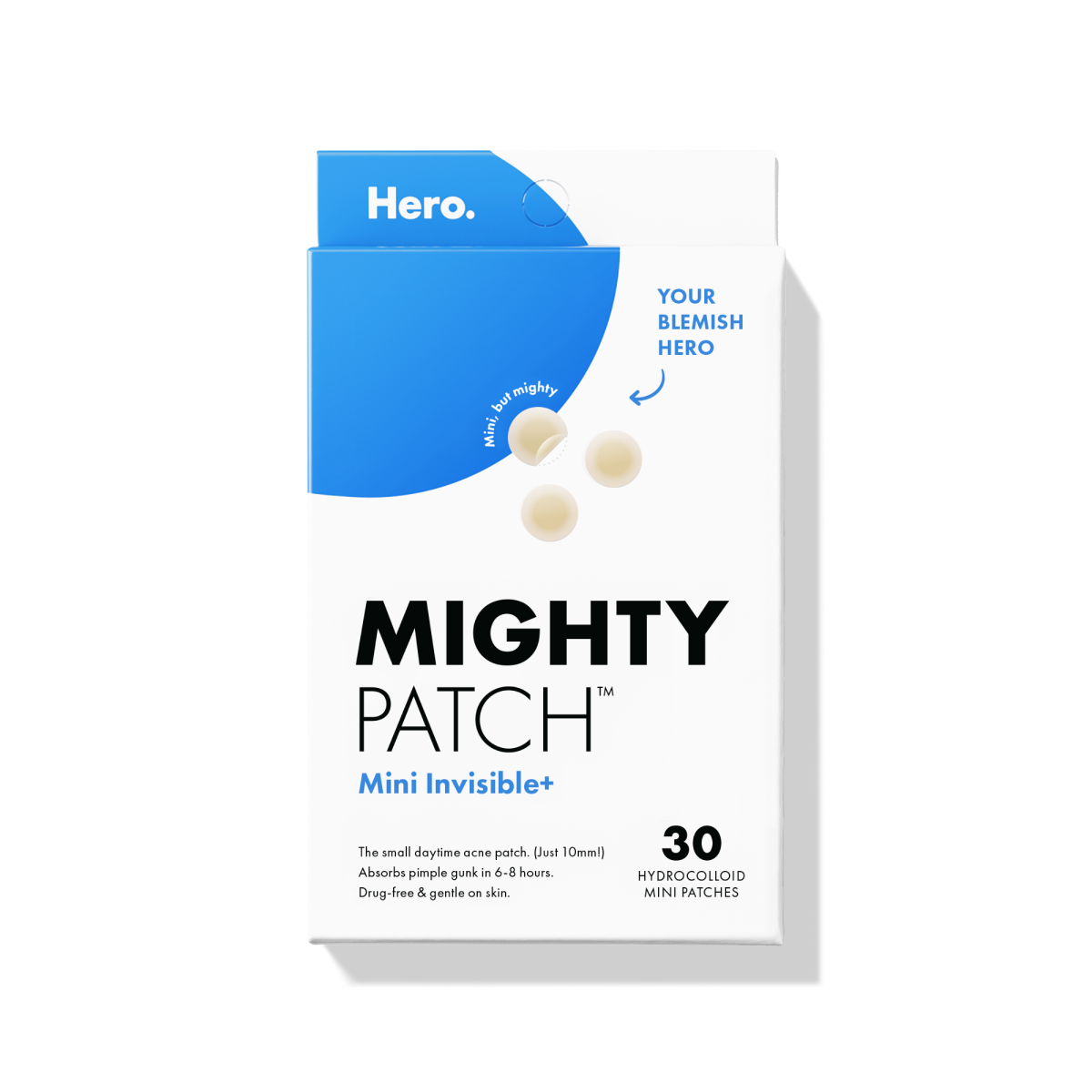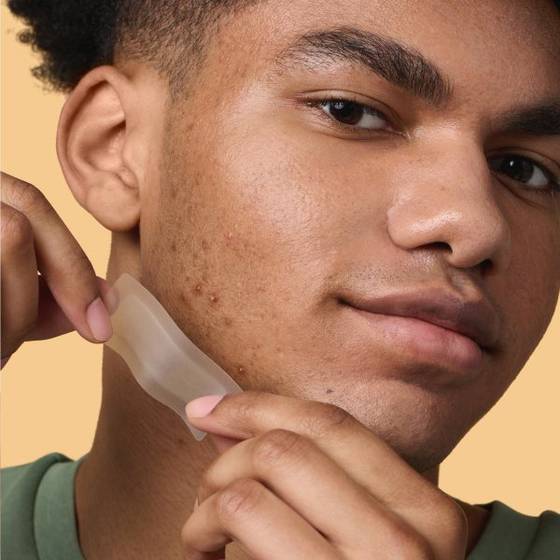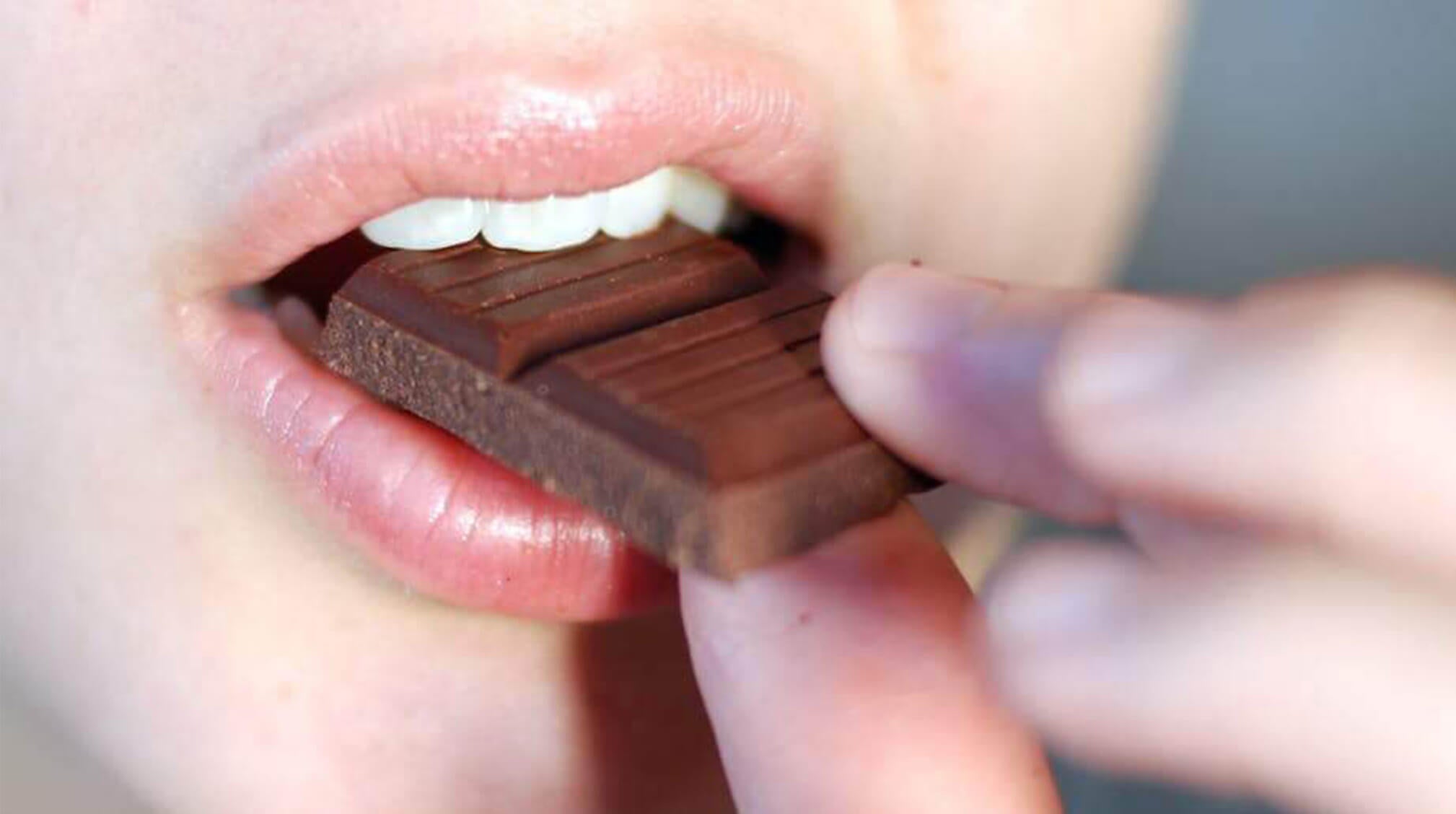
Chocolate has long been considered to be a pimple producer, but that theory is not entirely true. However, don’t rush off to the vending machine just yet - while science does not support chocolate as a cause of acne, it has shown that eating chocolate can make breakouts worse.
In fact, you may be surprised to find out that many of the commonly cited causes of acne (hormones, stress and diet), are all actually exacerbating factors rather than causes.
So what really causes acne?
Acne appears when small pores on the surface of the skin are clogged with oil, dead skin cells and bacteria. Pimples are typically found on the face, forehead, chest, upper back and shoulders - the areas with the most oil glands. Although the final verdict is still out on the biggest cause of acne, most experts believe that it is a combination of genetics, bacteria and excess oil production.
Then what role do hormones, stress and diet have?
Hormones
When you think of acne in a specific age group, you undoubtedly think of teenagers, and for good reason. The increase in androgens during the teenage years cause oil glands to enlarge and produce more sebum. So if you are already prone to acne or excess oil production, this is especially problematic.
But the teenage years aren’t the only time hormones can exacerbate acne. During pregnancy and menstruation, women produce more sebum, which can clog acne-prone skin. That’s why it’s essential to stick to a healthy skincare routine, such as exfoliating with AHAs or BHAs to help the skin shed properly. And always use gentle skincare products, as harsh products can diminish the skin’s natural moisture.
Stress
While stress alone will not cause acne, it definitely worsens it. Scientists haven’t pinpointed exactly why, but they do know that the cells that produce sebum have receptors for stress hormones. When we are stressed, more oil is produced, ultimately allowing more acne to form. Exfoliating, moisturizing and treating pimples with fast-acting products can all help reduce stress-related breakouts.
Diet
Although we’ve already debunked the myth that chocolate causes acne, there are still skin-related reasons to avoid overindulging in chocolate, greasy foods and hormone-disrupting choices (such as milk). Both dairy and sugar have been observed to cause fluctuations in blood sugar and hormonal levels, which in turn can increase sebum production and worsen acne.
It takes approximately four to five days for our skin to display an acne reaction from food, so it’s not like you will eat a Snickers one day and suddenly be unsatisfied with your skin the next. People with food allergies or sensitivities to dairy, gluten and iodine can also experience increased breakouts as a result of their diet.
Pro Tip: Maintaining a healthy diet and exercise routine will be beneficial for your overall health, which then ultimately benefits your skin.
RELATED READ: Now that you know what causes acne, find out what acne skincare solutions we’re crushing on right now.
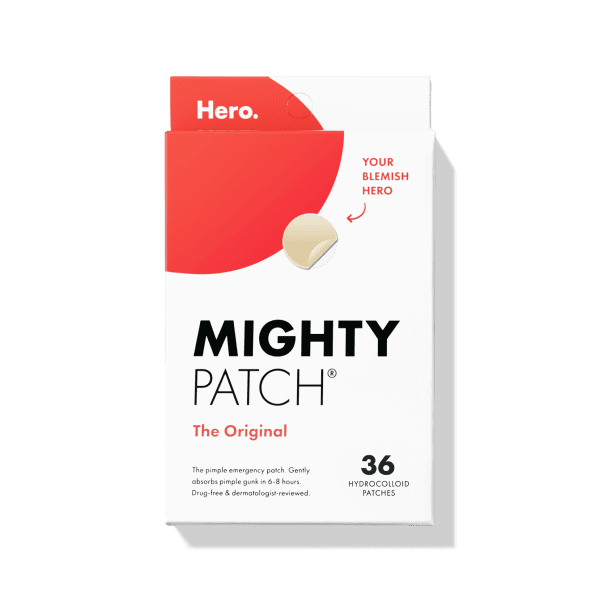
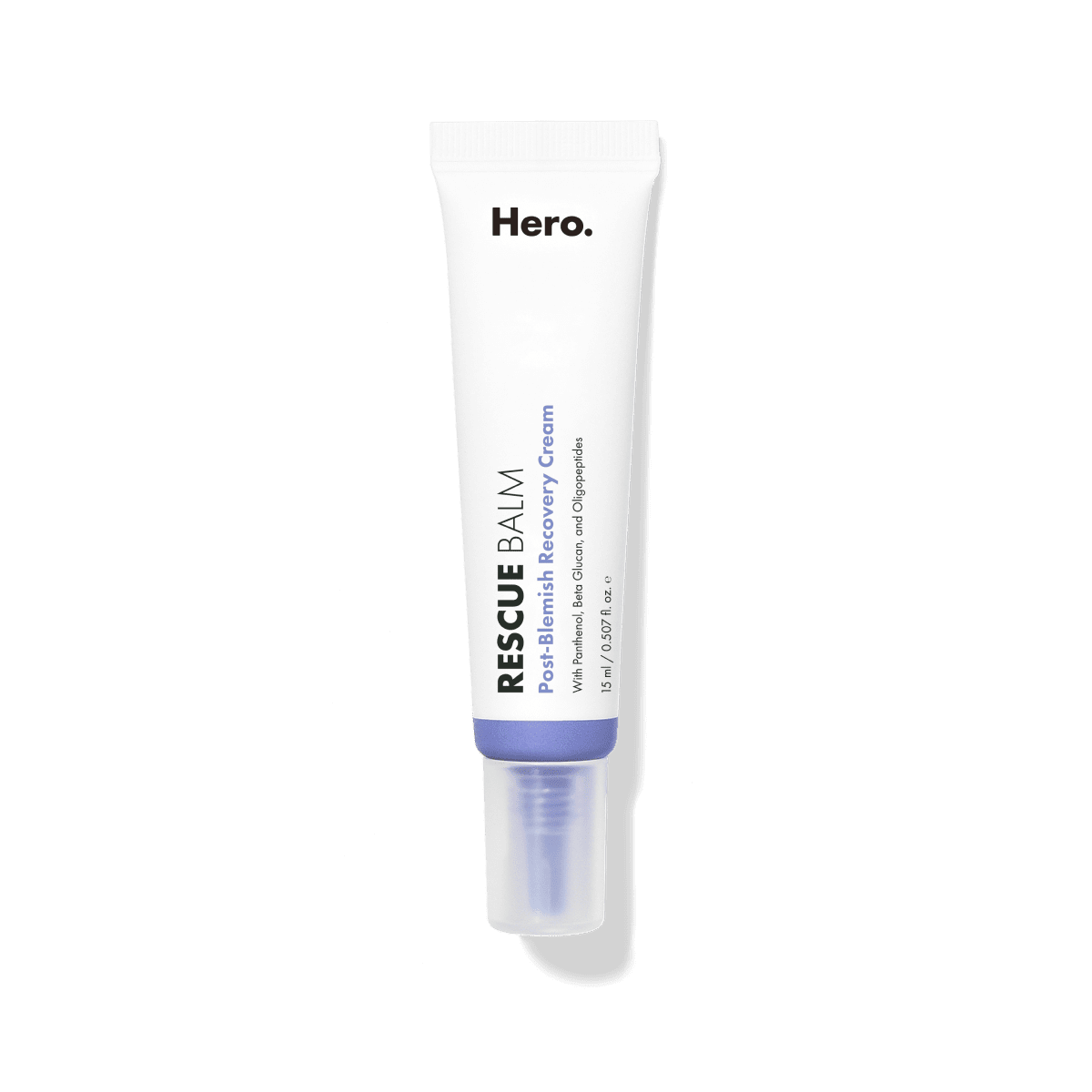
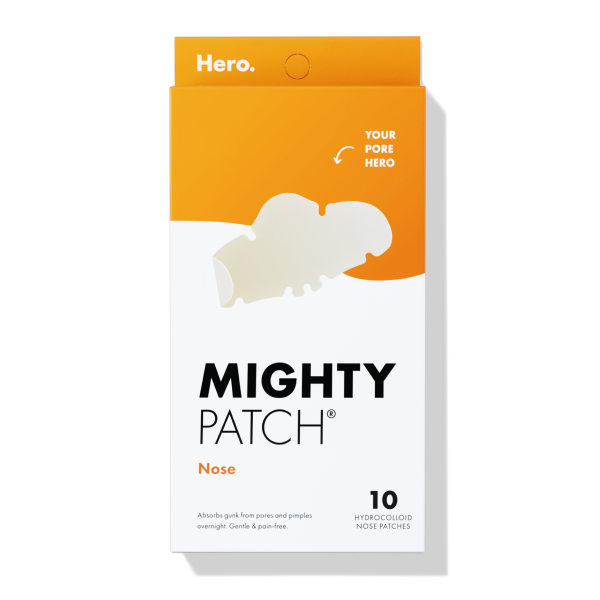
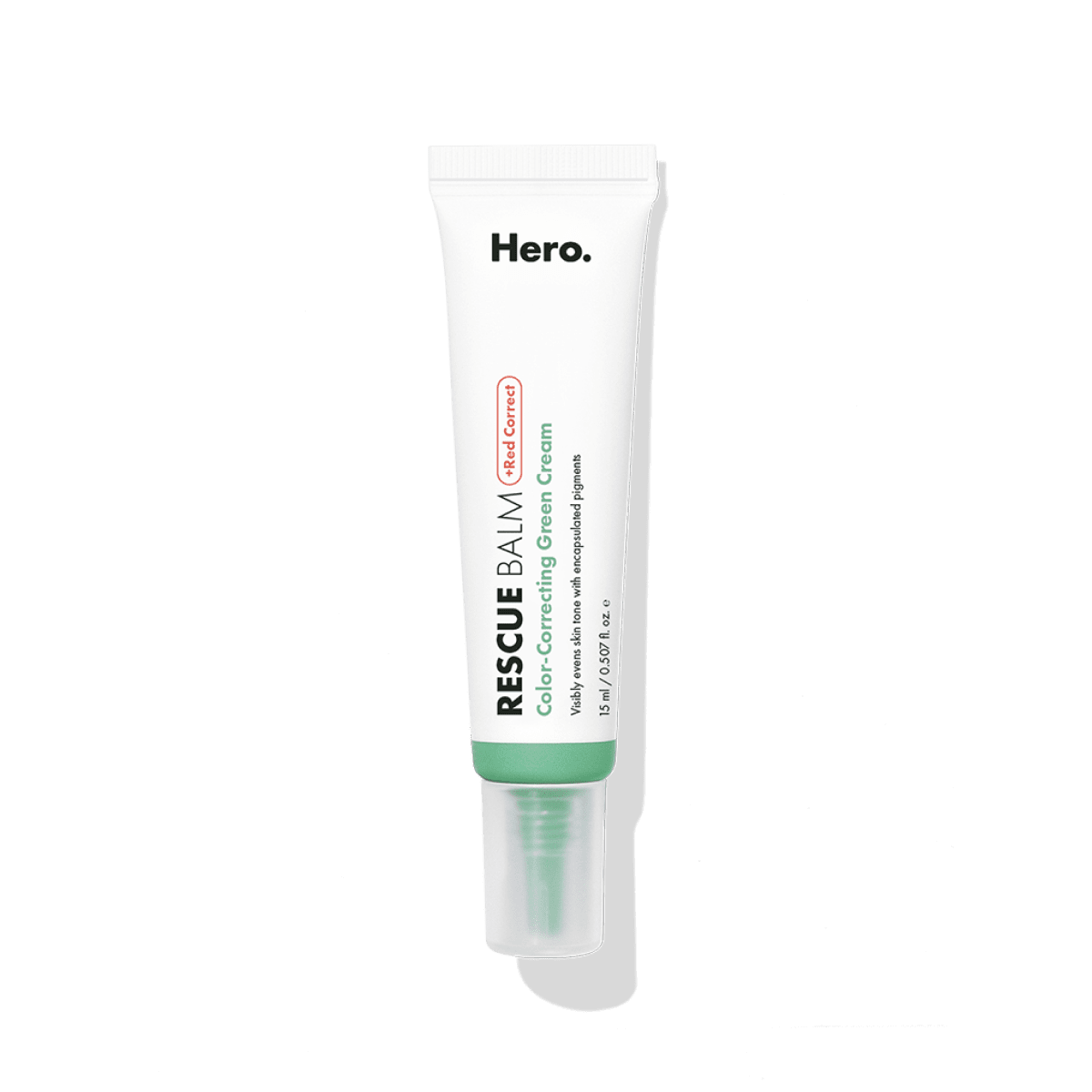
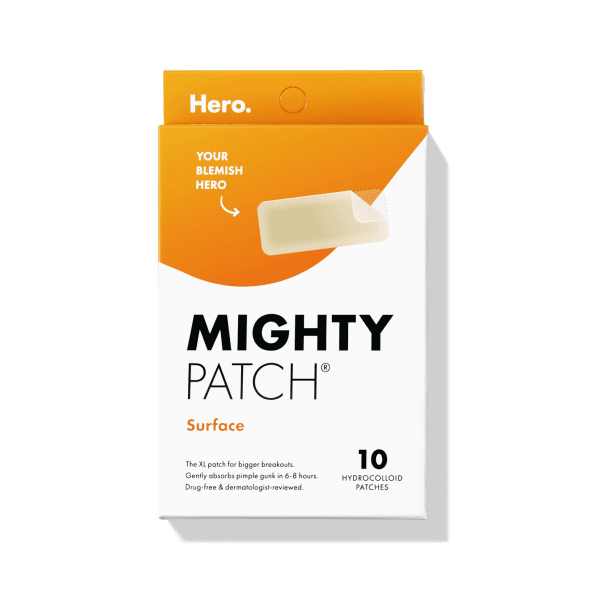
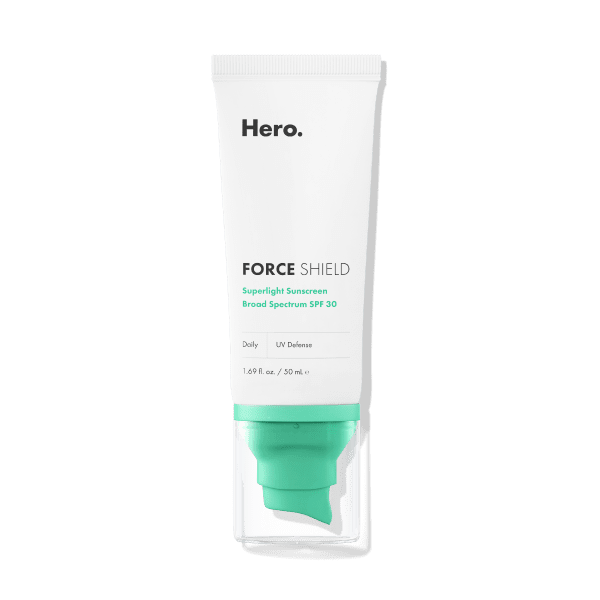
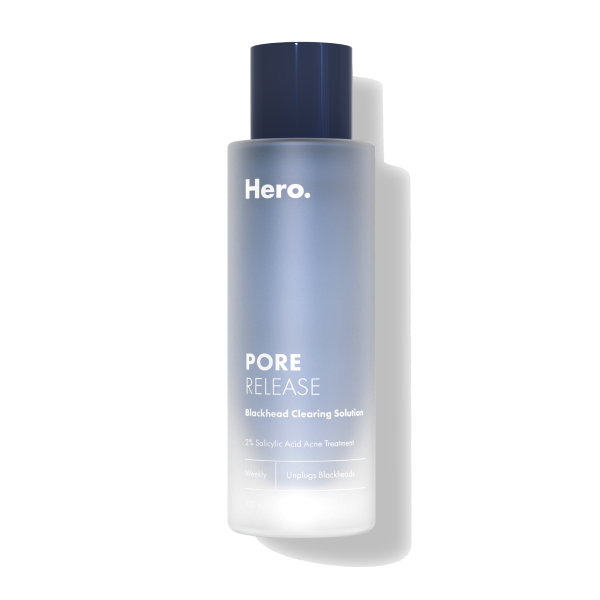




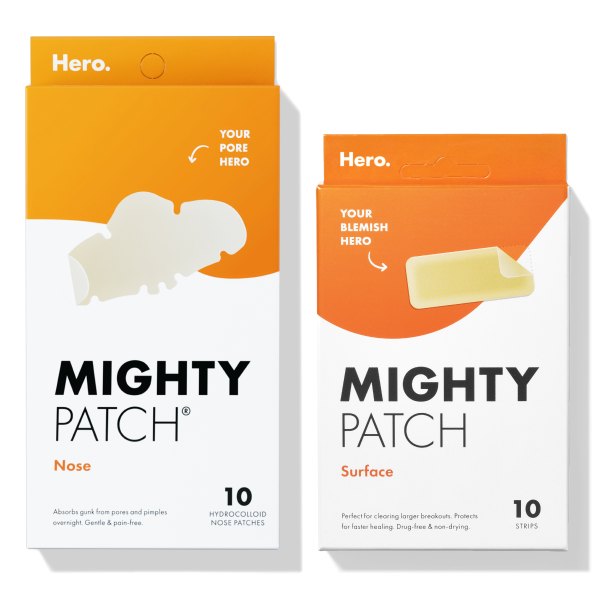
.png?v=1663017252122)
